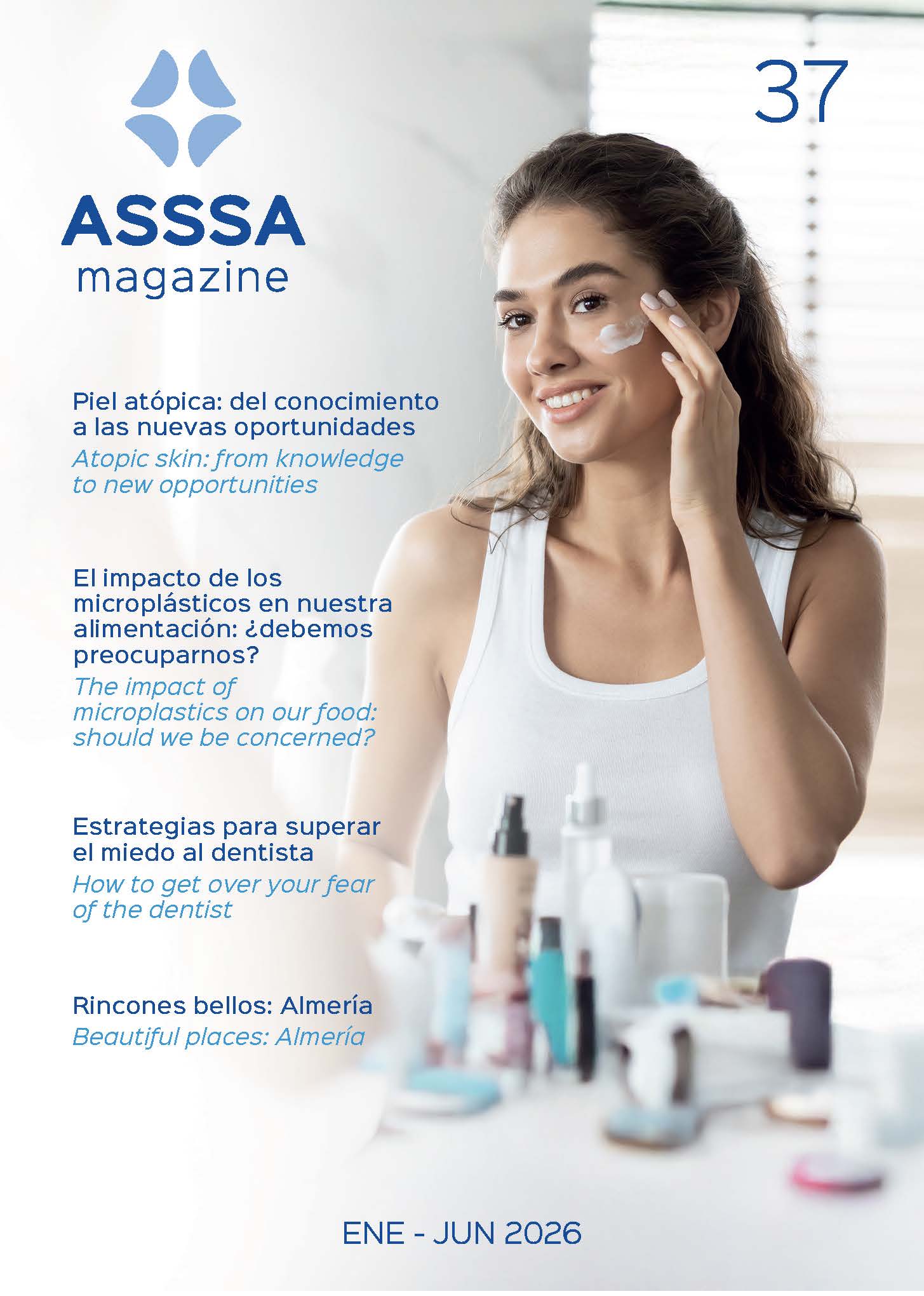
“Doctor, I need help. I think I have OCD because I’m very manic, a perfectionist, I put my books in alphabetical order and I can’t stand open cupboard doors.” If you resonate with any of these words, you may be relieved to hear that you probably don’t have OCD (Obsessive Compulsive Disorder).
OCD is one of the five most common mental illnesses, although it affects only 1% of the population. It is classified as an anxiety disorder and usually begins in two stages of life: adolescence or young adulthood.
It consists of presenting obsessions that generate a high level of anguish and the need to fight against them, causing the obsessive urge to appear. The severity varies depending on how much it affects the person and is often worse in stressful situations. The obsession-compulsion cycle often lasts for a long time, to the point where important activities are stopped, thus having an impact on the person’s normal functioning.
Obsessions
These are thoughts or images that are continuously repeated in an involuntary and irrational way and cause fear, distress and anxiety. Patients often describe it as “a thought that someone inserts inside your head.” The most frequent are:
- Fear of contamination or dirt. For example, contamination from touching objects that others have touched.
- Doubts and difficulty tolerating uncertainty (Have I locked the door? Have I turned off the gas?).
- Extreme need to keep things tidy and symmetrical.
- Fear of losing control and hurting oneself or others. For example, overtaking a cyclist with your car and thinking that you have hit them.
- Unwanted sexual thoughts.
Compulsions
These are the repetitive behaviours that arise in an attempt to neutralise the suffering caused by obsessions. In many cases the compulsion is associated with fearful thinking: “if I don’t do this, something bad might happen”. In any case, compulsions do not bring any kind of pleasure and only generate temporary relief. The most frequent are:
- Cleaning and washing, such as excessive handwashing to the point of injury.
- Checking: insistently and repeatedly checking that you have done a task.
- Order: placing objects in a certain order.
- Repeating words, phrases or actions a certain number of times.
- Counting: counting in patterns.
Treatment
The first thing to do is to see a specialist to get a diagnosis and to monitor the disease. Cognitive-behavioural therapy associated, or not, with pharmacological treatment (depending on the level of severity of the disease) has shown the best results.
Among the pharmacological treatments used, and always under the prescription of a specialist, antidepressants are common, usually in higher doses than for other disorders. Often, until such treatment starts to work, or to optimise its effect, it may be combined with anxiolytics. With the right treatment, OCD can be cured and can lead to a better standard of living and everyday well-being.
Dra. Patricia Herbera
Specialist in Psychiatry at San Juan de Alicante University Hospital












